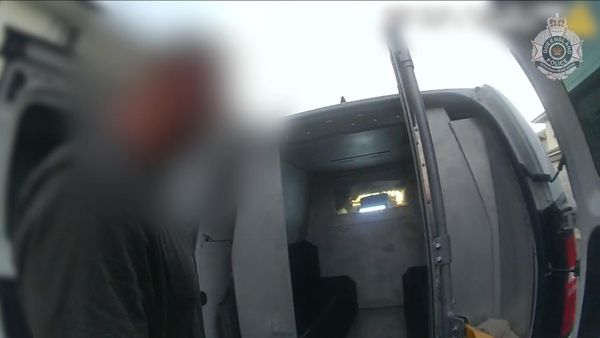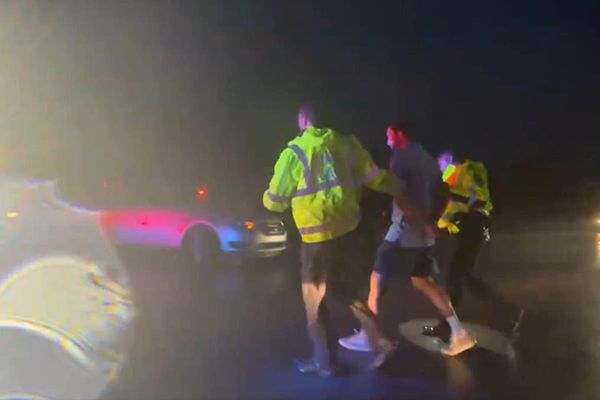
A sex offender and three assault suspects were among those detained thanks to a police operation using facial recognition cameras in west London.
Six people were arrested after the cameras, which pick up the features of known suspects, were deployed in Hounslow.
One was a man breaching a sexual harm prevention order during the deployment on 21 May.
Others were suspects in alleged assaults including a racially aggravated attack.
A suspect who was wanted for breaching the terms of a non-molestation order and harassment, was also among those detained.
When questioned by officers he also produced a fraudulent driving license and was further arrested for possession of false documentation.
Before the technology was live officers working as part of the deployment also arrested a man wanted by Surrey Police for theft, the Met said.
Lindsey Chiswick, Director of Intelligence for the Met and national lead for facial recognition, said: “Live Facial Recognition technology is making communities in London safer by helping officers identify violent and predatory offenders.
“The technology is alerting police to a person who they might want speak with and does not automatically mean a conversation or arrest, that is for officers at the deployment to decide. This is no different to policing which happens every day, but is just using the assistance of effective and accurate technology.
“For the overwhelming majority of people who are not on a bespoke wanted list, the biometric image generated by the technology will be evaluated and automatically deleted within a second."
Meanwhile the Met has been given a new cash handout from the government to expand its use of live facial recognition as the policing minister disclosed that the technology has already trapped an alleged double rapist and around 100 other suspects in Croydon.
Chris Philp said last week the extra £547,000 being given to Scotland Yard would help it catch more wanted criminals and keep the public safe and formed part of a wider move to increase the use of technology in crime detection.
Critics have claimed that the technology can result in “false positives” and result in disproportionality.
But the Met has insisted that instead it is highly accurate and that in an additional safeguard each deployment involves the use of a specially prepared watch list of suspects which is deleted immediately afterwards.










